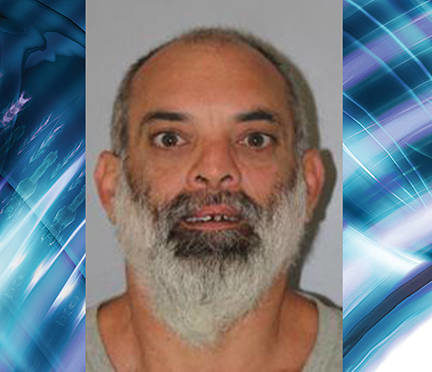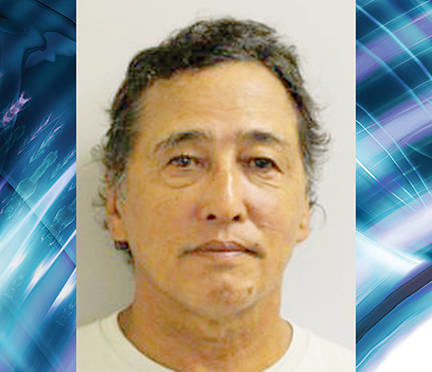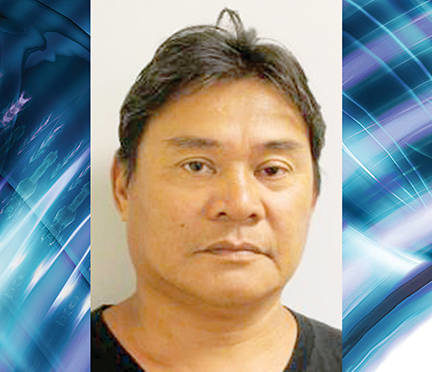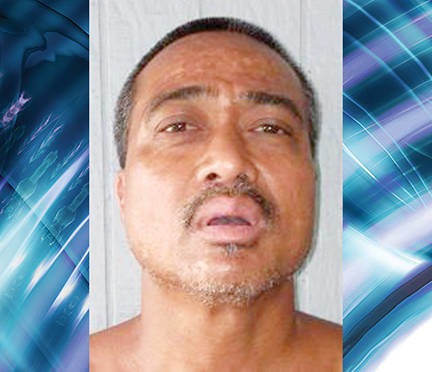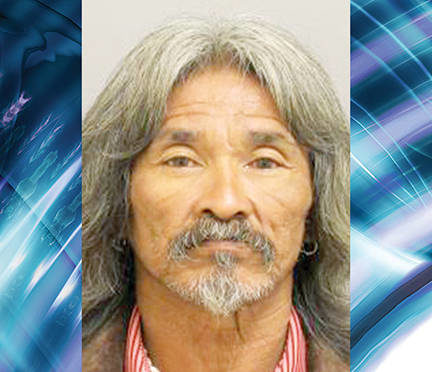LIHUE — There are currently 240 people in Hawaii who haven’t added their names to the sex offender registry.
But officials say compared to the national average, Hawaii’s numbers are looking pretty good.
The national average for sex offender registries, said Chris Young, administer of the Hawaii Justice Data Center on Oahu, is in the 90th percentile. Hawaii is 88 percent compliant.
“We’re not very far off,” he said. “The hardest population to service is the homeless population. They’re not required to give us an address, they’re required to come in person and give updates.”
Hawaii passed a law in 1997 requiring specific offenders of crime to register on the sex offender and other offenders registry. The law had a reach-back effect, meaning offenders who committed crimes prior to the law’s enactment are required to register, Young said.
People convicted of sex assaults, some stalking and some crimes against children are required to register. Some may need to register for the rest of their lives, while others are only required to register for a specific amount of time, he said.
“The registry is something that was important to the community because the community likes to know where these sex offenders are living and working,” Young said.
But the registry should not give a false assurance that these offenders will not offend again, he said.
“I want to make sure that people don’t take the registry as an end-all to protect the public,” Young said. “It is to give as accurate information as we can on their whereabouts.”
Convicted offenders are required to register in prison initially, but once they’re released it’s their responsibility to follow up, Young explained.
“When they are released from custody, they need to register with us and let us know exactly where they live,” he said.
On Oct. 1, Young said there were 2,948 offenders listed on the registry in Hawaii, but that number changes daily.
Some offenders may be visiting but are still required to register, making them temporary registrars, while others’ whereabouts have never been known, he said.
“From a percentage number we are at 88 percent compliant as of Oct. 1, which means we have 12 percent of the population that is not compliant. The non-compliant includes offenders prior to 1997,” Young said.
As of Oct. 1, there were 126 registered sex offenders on Kauai. Of that number, 12 of them were non-compliant, Young said.
Because the program is post-conviction, Young said it’s up to the individuals to comply with the judge’s orders to register.
“Every two weeks our office sends out a listing of non-compliant offenders to all of the police agencies and on Kauai they actually work their own cases so if they see people on their cases, they work their own,” Young said.
Kauai Police Investigative Services Bureau Assistant Chief Bryson Ponce said U.S. Marshals, KPD’s Fugitive Apprehension Strike Team (FAST), and various KPD personnel check beach parks, specific residences and follow up on information when a registered sex offender is in close proximity to bus stops or schools.
“KPD detectives, along with the assistance of Kauai’s prosecutors, does periodic and unannounced sex offender compliance quality checks and enforcement of non-compliant offenders,” he said. “We understand that this issue is not only a public safety concern, but it also reassures victims of these type of crimes that law enforcement follows through on checking and enforcing non-compliant offenders.”
On Oct. 18, a quick search of the registry found nine non-compliant offenders: Don Paris Jeffries III, Rodney A. Medeiros, Benjamin D. Nihi, Jerome C. Vierra Jr., Corazon D. Constantino, Daniel Ikaika Hebron-Woodward, Daniel Lee Isobe, Filmer D. Jornacion and Bernard P. Almeida Jr.
To view the sex offender registry, visit https://sexoffenders.ehawaii.gov/sexoffender/welcome.html
•••
Bethany Freudenthal, crime, courts and county reporter, can be reached at 652-7891 or bfreudenthal@thegardenisland.com.


